SAFCell, Inc. (Pasadena, CA) has received a $1M grant to demonstrate a 50W wearable power unit for the dismounted warrior.
Under the Army Phase II Small Business Innovation Research (SBIR) grant, SAFCell’s proprietary solid acid fuel cell (SAFC) stacks will be integrated into UltraCell Inc.'s (Livermore, CA) rugged, lightweight micro fuel cell systems and delivered to the Army for initial alpha testing in late 2014.
“This project will showcase how the fuel flexibility and robustness of our SAFC stacks are advantageous for military applications," said SAFCell CEO Calum Chisholm. “Moreover, working with UltraCell to produce the first stand-alone SAFC power systems will prove the commercial viability of our technology at a system level,” continued Chisholm.
“We are really excited to work with SAFCell’s technology, which allows the use of readily available fuels like propane,” said UltraCell General Manager and CTO Ian Kaye. “There are a wide range of applications for propane powered systems, and portable military is just the beginning,” said Kaye.
A wholly owned subsidiary of Bren-Tronics Inc., UltraCell is a fuel cell industry leader, with experience in research, product development, manufacturing and customer applications. The company has developed new technologies and intellectual property in the field of methanol-based fuel cells and continues to innovate in this rapidly emerging field. This technology enables a breakthrough in micro fuel cell performance. UltraCell was the first to commercialize RMFC technology to provide clean renewable energy to power portable electronics and have the only systems in the 25-50 W range to have undergone extensive Military Specification qualification testing and field trials.
SAFCell, Inc. develops scalable solid acid fuel cell stacks for applications requiring tens of watts to tens of kilowatts. Operating at mid-range temperatures around 250°C, SAFCell’s stacks are built around a simple and rugged design, and tolerate fuel impurities that pose obstacles to the commercialization of most fuel cell technologies. This allows SAFCell stacks to run more easily on commercially available gas fuels (e.g., propane and methane) or liquid fuels (e.g., methanol, ethanol, and diesel), greatly reducing the overall fuel cell system complexity and cost.
SAFCell is working with select system integrators to commercialize SAFC power systems running on commercially available fuels like propane and diesel. Initial applications include portable, remote, and auxiliary power. SAFCell is also building on the SAFC platform to enable high purity hydrogen generation from the same commercial fuels for use in both power generation and industrial applications.
